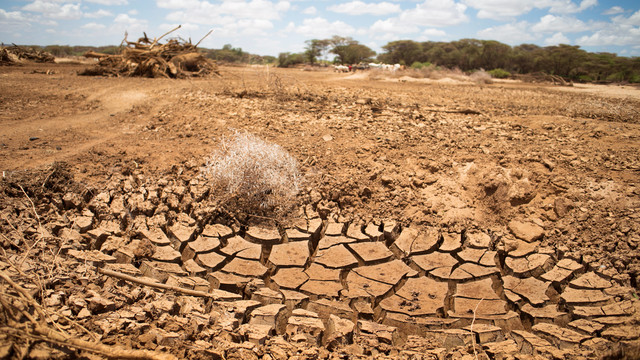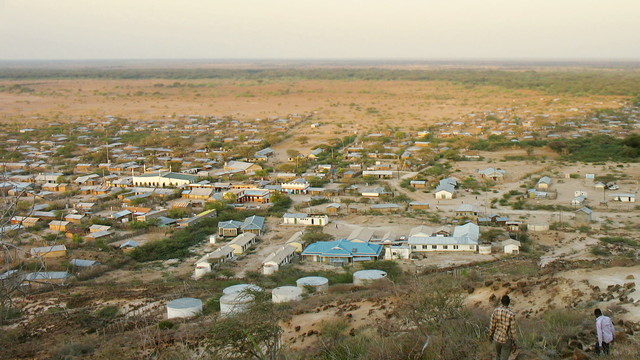Climate change and conflict - reframing the debate
In the past decade, discussions on how climate change is impacting conflict and security have risen high on international agendas. IIED is considering how the ‘valuing variability’ perspective may be able to reframe climate and conflict debates in the Sahel.

Smallholder mixed farming in Niger (Photo: ICRISAT/M. Winslow via Flickr, CC BY-NC 2.0)
The impact of climate change on peace and security is an issue that has risen high on international agendas, with a growing number of high-level statements calling for action to address the compounding risks of climate and conflict.
The UN Secretary-General’s state of the planet speech (PDF) in 2020 mentioned climate change as one of the biggest dangers to peace and a number of UN agencies have also increased their engagement in these issues. For example, the Climate Security Mechanism was established in 2018 as a joint initiative between the UN Department for Political and Peacebuilding Affaires, UNDP and UNEP.
Seventy per cent of the most climate-vulnerable countries are also among the most politically and economically fragile. Achieving the 2030 Agenda for Sustainable Development commitment to leave no one behind requires a greater focus on those living in fragile and conflict-affected countries and regions.
Over the past few decades, IIED has garnered expertise on building climate resilience, productivity and equity in the dryland areas of East Africa and the Sahel. IIED's work has aimed to challenge the misconceptions that portray drylands as unproductive wastelands and dryland production systems as backwards and unproductive land use systems.
Instead, IIED calls for a new more equitable and sustainable policy narrative for drylands which recognises that dryland communities have learnt to harness the variability of their highly unpredictable environments to support sustainable and productive economies, societies and ecosystems.
IIED is also in a position to connect local voices to global debates through our partnerships with local actors and engagement in international events.
What is IIED doing?
Through a deep dive into existing narratives around climate and conflict and by working closely and consulting with partners in the Sahel, IIED plans to
- Build on the valuing variability concept and existing IIED work in drylands to reframe climate and conflict debates in the Sahel, and
- Bring local voices to international debates on climate and conflict.
This project will allow IIED to engage in conversations around climate change and conflict. More particularly by building on recent work, which uses the lens of valuing variability to present an alternative perspective to development and peace in the Sahel, and to work with local partners (currently working on practical solutions to rebuild the tissue of social trust between local communities) to share their experiences in global debates and reframe some of the narratives around climate and conflict.
Additional resources
Farmer-herder conflict in Africa: rethinking the phenomenon?, Saverio Krätli, Camilla Toulmin (2020), IIED briefing
Valuing variability: new perspectives on climate resilient drylands development, Saverio Krätli (2015), book
Modern and mobile. The future of livestock production in Africa's drylands, Helen de Jode (2009), book



